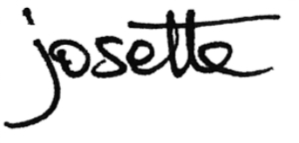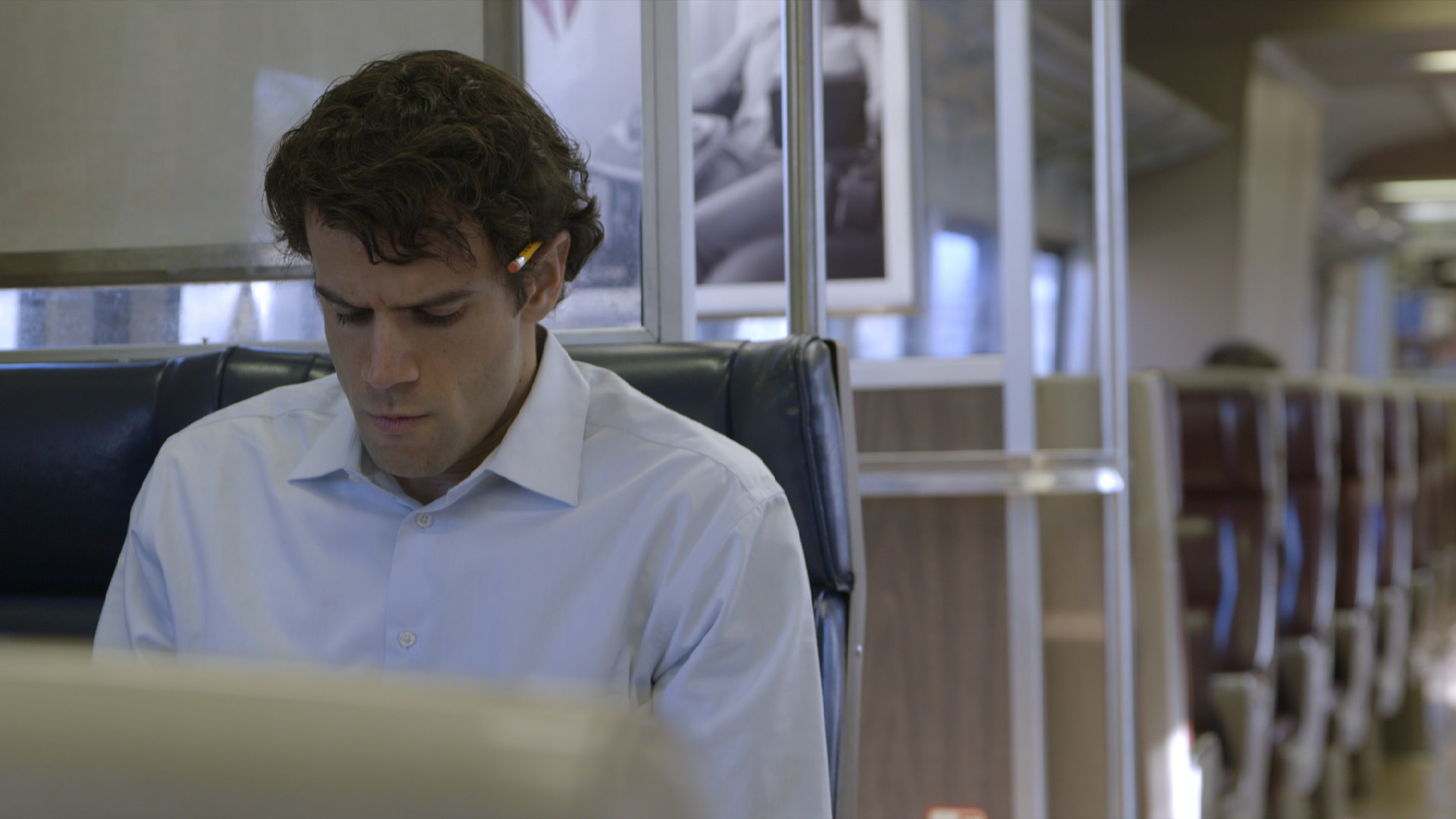Caitlin Machak
Caitlin is a Brooklyn-based cinematographer, known for her story-driven style and her happy set presence. Her cinematography work has screened at prestigious film festivals. She is also a member of the International Cinematographers Guild, which has allowed her to work in the camera department on many award-winning independent features and TV shows, most notably Netflix's House of Cards and HBO's GIRLS.
“I have always been a wiz kid at mechanical objects, so I have always been the go-to girl building and fixing the toys her guy friends received as gifts. It is quite fitting I fell in love with camerawork.”
Josette asked Caitlin a few questions
What is your background?
Before university, I trained as a singer and an actor, studying at the Interlochen and Dreyfoos School of the Arts. I entered NYU's Tisch School of the Arts to pursue theatre and graduated with a degree in film. During my semester abroad at FAMU, the Czech Republic's National Film School in Prague, I decided to become a cinematographer.
What inspires you?
Music, film, books, art, museums, walks in the woods, parks, and the Brooklyn Botanic Garden.
How/When did you get started?
My love of film dates back farther than I can remember, but my desire to work in film started that magical fall in Prague.
Are there recurring themes in your work?
downtown
My cinematography is driven by the director’s vision, which varies from film to film. For all my potential work, I seek a passionate director with whom I can become close collaborators.
Which work of yours is a good introduction?
My work on Downtown with director Jaclyn Gramigna is a great introduction to my work. It’s short, sexy and sweet. Jaclyn and I were lucky enough to take the film to the Cannes Film Festival, and it has opened up many doors for us. We have been a collaborative team ever since, and are collaborating on our first feature film shooting this fall/winter.
How do you stay motivated?
I venture to film screenings, concerts, performances and art shows to give myself an extra boost of inspiration. I love watching the creations of other artists, and it infuses me with inspiration for my own work. Also, I remind myself to remain grateful that I work in the art form I love.
Tell us something you wish you had known early on.
Working in film is a marathon, not a sprint. And that it’s okay to say “no” to a project.
“It’s a constant learning process, and I realize how much I use the tricks and tools of the cinematographers I have worked for to create my work on set. Now, I am discovering my personal visual style.”
Where do you see yourself in 10 years?
In ten years, I see myself working on internationally acclaimed features and commercials, which would allow me the freedom to spend time with my loved ones between projects and the flexibility to live wherever I wanted.
Do you always have a plan?
I love making plans, even if they get thrown out. It gives my collaborators and me more freedom when change happens and we need to adapt.
Have your priorities changed since you started?
The biggest change in my priorities is my life comes before work. I’ve been a chronic workaholic, but I’ve noticed my work shines when I am balanced.
Who/what would you travel to see?
My dream is to meet animation director and Studio Ghibli founder Hayao Miyazaki. He is my favorite storyteller, and it would be amazing to see him at work in his studio in Tokyo. Ideally, I’d be visiting him while shooting a film in Japan.
What scares you?
When governments attack the arts.
What would you like to learn?
I would like to learn a few languages fluently so that I can experience the culture and communicate better when I travel for work.
How do you deal with judgment and criticism?
I’ve learned to view criticism as an opportunity to learn something about how I approach my work, or how it’s interpreted. When I am able to view these criticisms in this light, it’s incredible how much it improves my work.
Now for the (unfortunately) obvious question, what has your experience been as a woman in the film industry, especially on set?
As a female filmmaker, I've been supported by men and women alike. When I began my career, the people that would vouch for me were progressive, feminist men. And since the culture of a film set was (and still is) very male-dominated, I needed those male voices to support me.
In the past few years, the conversation around women filmmakers has become more vocal, with productions making a concerted effort to hire female and diverse filmmakers. When I hire, I not only hire the people best for the job, but also a diverse crew. It's a slow process, but I see the changing tide.
Once I can simply say "I'm a cinematographer" as opposed to "I'm a female cinematographer," I'll know we're getting somewhere. But if it takes identifying my gender to achieve equality for the people coming after me, it's a step I'm more than willing to take.
Who will you thank when you receive an award?
I will thank my family, my loved ones, and my film family who has seen me through thick and thin.















